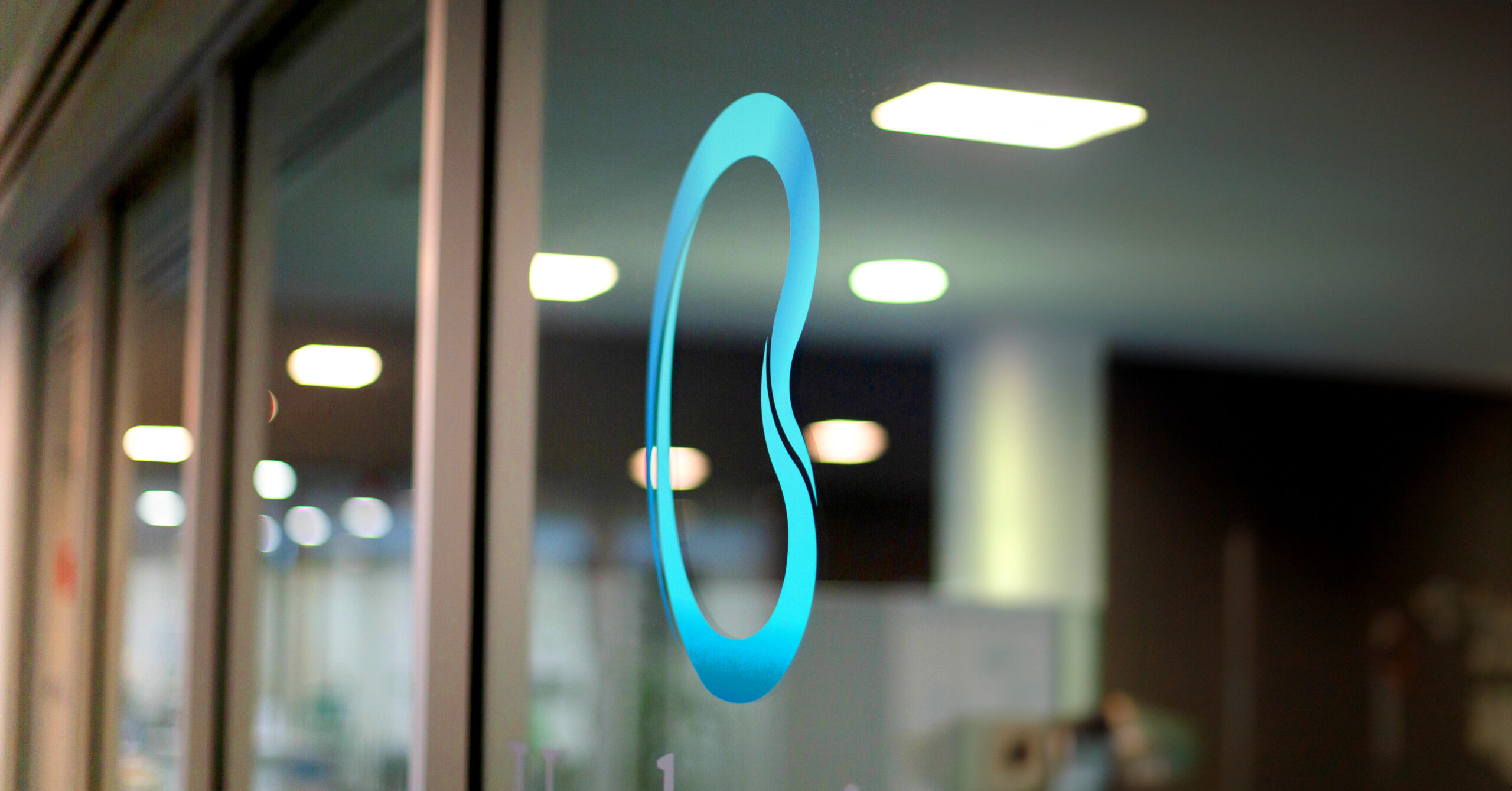
What is a Nephrectomy?
A Nephrectomy is the surgical removal of the whole or part of a kidney, performed for cancer or serious kidney diseases. Kidney function is critical to life, being responsible for filtering waste and fluid from the bloodstream, however, one kidney can maintain body activity.
Nephrectomy may be;
Radical – involves total removal of the kidney, adrenal gland, a section of the ureter,
lymph nodes and some surrounding tissue.
Simple – removal of the affected kidney and a section of the ureter.
Partial – removal of a portion of the kidney.
Nephrectomy can be performed laparoscopically (key hole) or by open surgery. A general anaesthetic is required.
Preparation for the procedure
We will provide you with instruction regarding all aspects of preparing for your operation;
- Pre-operative blood and urine tests
- Details of admission to hospital
- Information regarding fasting and medications
What to expect afterwards
In recovery, staff will make sure you are comfortable and pain relief will be given as required. Fluid and diet is given as tolerated and early ambulation is encouraged – deep breathing exercises may be uncomfortable but should be performed to prevent pneumonia. Compression stockings are in place for clot prevention, as is the use of the medication Clexane, which stops unwanted blood clots from forming.
A urinary catheter may be in place but is usually removed within 48 hours post operatively. The hospital stay depends on the type of procedure, please ask your Urologist or practice nurse for specific advice.
Complications
The most common complications are infection and bleeding and will be discussed prior to your procedure with your Urologist. You may experience some numbness from severed nerves near the incision (open surgery).
After discharge from hospital
Keep the wound clean and dry – notify your Urologist if there is redness, swelling or pain. The time taken to return to normal activities is 4 weeks for laparoscopic procedure and 6 weeks for open surgery. Avoid strenuous activities for at least 4 weeks following laparoscopic surgery and at least 6 weeks for open surgery. Avoid constipation with a high fibre diet and the use of aperients if necessary e.g. coloxyl with senna or movicol, which can be obtained from your nearest pharmacy.
It is important to maintain healthy functioning of the remaining kidney and this will be discussed
with your Urologist.
Driving
You should not drive for at least 4 weeks after having this operation (or as instructed by your Urologist)
Patients who are travelling outside the metropolitan area are required to check when they are able to travel, and will be required to stay in the metropolitan area for 24 hours (or as instructed by your Urologist).
Emergency Contacts
In the event of an emergency, please call our office within business hours. If assistance is required out of hours, please call our On-Call Urologist via our Tennyson office OR present to your nearest Emergency Department.
Ashford Hospital
55 Anzac Highway, Ashford SA 5035
8375 5205
Until 10:00 PM
Flinders Medical Centre (access to Flinders Private Hospital)
Flinders Drive, Bedford Park SA 5042
8204 5511
24 Hours
Calvary Adelaide Hospital
120 Angus Street, Adelaide SA 5000
8227 7027
24 Hours Royal
Royal Darwin Hospital
Rocklands Drive, Tiwi NT 0810
8922 8888
24 Hours
**For patients outside the Metropolitan area, please present to your nearest hospital emergency department.
Follow Up
A follow up appointment will be planned for about 6 weeks post-operatively. If you have any concerns after your procedure, then please contact us at Urological Solutions.
The content provided within this document is intended as a guide only and does not apply to all patients. Additional information, including patient specific potential risks, must be obtained during consultation with your Urologist.